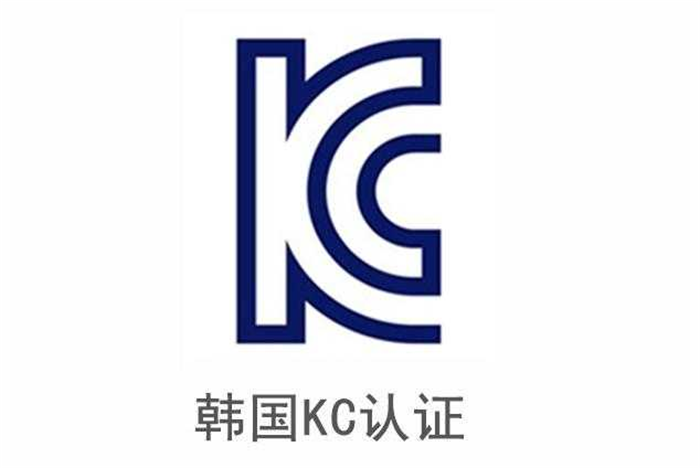Why do electric kettles need 3C certification
Electric kettles are indispensable in our lives. If the electric kettle is used improperly or if you buy inferior products, it may cause a fire. This kind of thing actually happens all the time. When we choose an electric kettle, we must choose the one with the 3C certification mark, because the electric kettle is within the scope of the 3C certification, and the electric kettle with the 3C certification mark means that the product has passed the test, at least in terms of quality. There will be guarantees. On December 3, 2001, the General Administration of Quality Supervision, Inspection and Quarantine and the CNCA issued the 2001 Announcement No. 33, "The First Batch of Products Subject to Compulsory Product Certification" (hereinafter referred to as the catalog). The catalog has 19 categories and 132 products. Among them, the category 07 "household and similar use equipment" 0717 sub-category "liquid heater" includes electric kettles. In other words, electric kettles are within the scope of the CCC certified product catalog and must be CCC certified. According to the "Management Regulations on Compulsory Certification", as of May 1, 2003, products that have not obtained the compulsory product certification certificate and have not applied the Chinese compulsory certification mark shall not be allowed to leave the factory, import or sell the products listed in the catalog.

Hot water bottle 3C certification main certification test sampling items
The electric kettle implements the domestic mandatory CCC certification requirements. The key inspection items include: whether there is CCC certification, size inspection, protection against live parts, input power and current, heat generation, leakage current and electrical strength at working temperature, and moisture resistance , Leakage current and electrical strength, abnormal operation (excluding the test of Article 19.11.4), stability and mechanical hazards, mechanical strength, structure (excluding the test of Article 22.46), internal wiring, power connection and external soft Wires, terminals for external wires, grounding measures, screws and connections, electrical clearance, creepage distance and solid insulation. Among them, common electric kettle CCC certification, inspection and test unqualified items involve: identification, size inspection, anti-shock protection, input power and current.
What kind of electric kettle needs CCC certification
1. The rated voltage does not exceed 250V;
2. It is a liquid heating appliance (liquid used for drinking).
CCC certification process of electric kettle
Step 1: Certification application
Step 2: Type test (sample test)
Step 3: Initial factory inspection
Step 4: Evaluation and approval of certification results (verification and certification)
It should be noted that: CCC has a supervisory inspection (annual inspection) every year after it is certified. Maintaining the CCC certification is the result of long-term work.
CCC certification testing requirements for electric kettles
CCC certification of electric kettle will be based on
GB/4706.1-2005 "Safety of Household and Similar Electrical Appliances Part 1: General Requirements"
GB/4706.19 "Safety of Household and Similar Electrical Appliances: Special Requirements for Liquid Heaters" for testing.
The necessity of 3C certification mark for electric kettle
1. The 3C certification mark means that the electric kettle has passed the test to meet the safety standards;
2. It can improve product competitiveness in the market;
3. Consumers trust products with 3C certification mark more;
4. Avoid being inspected, causing the product to be removed from the shelf or destroyed, causing unnecessary losses.
If you want to know more about the 3C certification of electric kettles, please contact our company and a professional engineer will answer you online. ZRLK has focused on testing and certification of batteries and peripheral consumer products for 15 years, always paying attention to changes in national regulations, and providing customers with one-stop certification services in multiple countries and regions to ensure that your products quickly enter the target market.



![[Holiday Notice] ZRLK 2026 Chinese New Year Holiday Schedule](/uploads/image/202602/698559be66d97.jpg)










